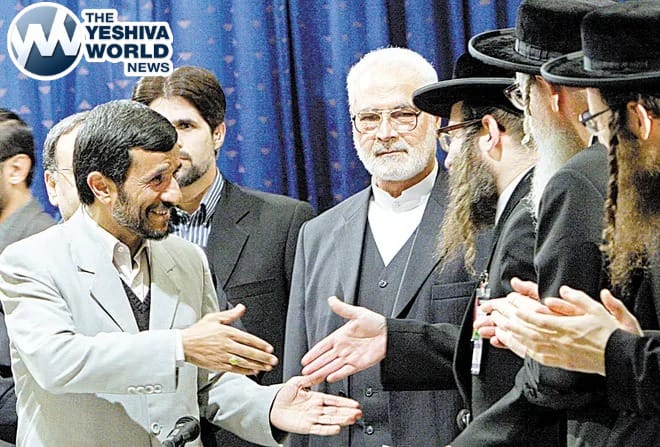A recent study of more than 300 Jewish crowdfunding campaigns found that while individual funds for causes like hachnasas kallah often gain some traction, organization-run funds for the same causes often lag.
“It’s an interesting phenomenon,” says a marketing analyst who works primarily with online tzedaka campaigns. “An individual could theoretically be anyone … In the case of organizations, however, there is an entire board whose job it is to verify cases. The people who receive the tzedaka have been looked into … the funds have been approved by rabbanim.”
One key example is this year’s Kupat Ha’Ir kimcha depischa campaign. Though previously accused of sensationalism, the Bnei Brak-based organization’s latest campaign page is almost radically straightforward. Broken down into three parts it relays its most pertinent information: the obligation of the individual to give kimcha depischa (pre-Pesach charity), rabbinical support of this specific campaign (this month’s is from Rav Chaim Kanievsky), and the added benefit of the Rav’s blessing to donors for ‘shefa in both ruchniyus and gashmius this Pesach.”
With just days remaining until Pesach, however, the fund has gathered less than $5,000. This is extremely low, particularly next to Chesed Fund pages which tout donation levels in the six figures. This is potentially bad news for the impoverished families registered to receive financial assistance before Pesach. The amount that each household receives is entirely dependent on the success of the campaigns.
So, why aren’t people donating? Another expert weighs in:
“People claim that it’s not right to show a face, but then if there isn’t a face on the campaign they don’t donate,’ notes a content writer who has spent years following the statistics of Jewish crowdfunding campaigns. ‘People don’t like ‘sensational,’ but preserving the privacy of the poor families often simply doesn’t work in getting them help.’
One thing is clear: Whether it is here or elsewhere, individuals are obligated in the mitzvah of kimcha depischa. As organizations continue to vie for the attention of the donor, and people state their preferences between styles of advertising, only the numbers will tell the truth. And for the hundreds of individuals whose Pesach prep depends on assistance from Kupat Ha’Ir, the truth may hurt.
Those who wish to read Rav Chaim Kanievsky’s handwritten letter and receive the blessing for “shefa (abundance) in both ruchniyus (spirituality) and gashmiyus (physicality) Pesach can do so here for a limited time.











